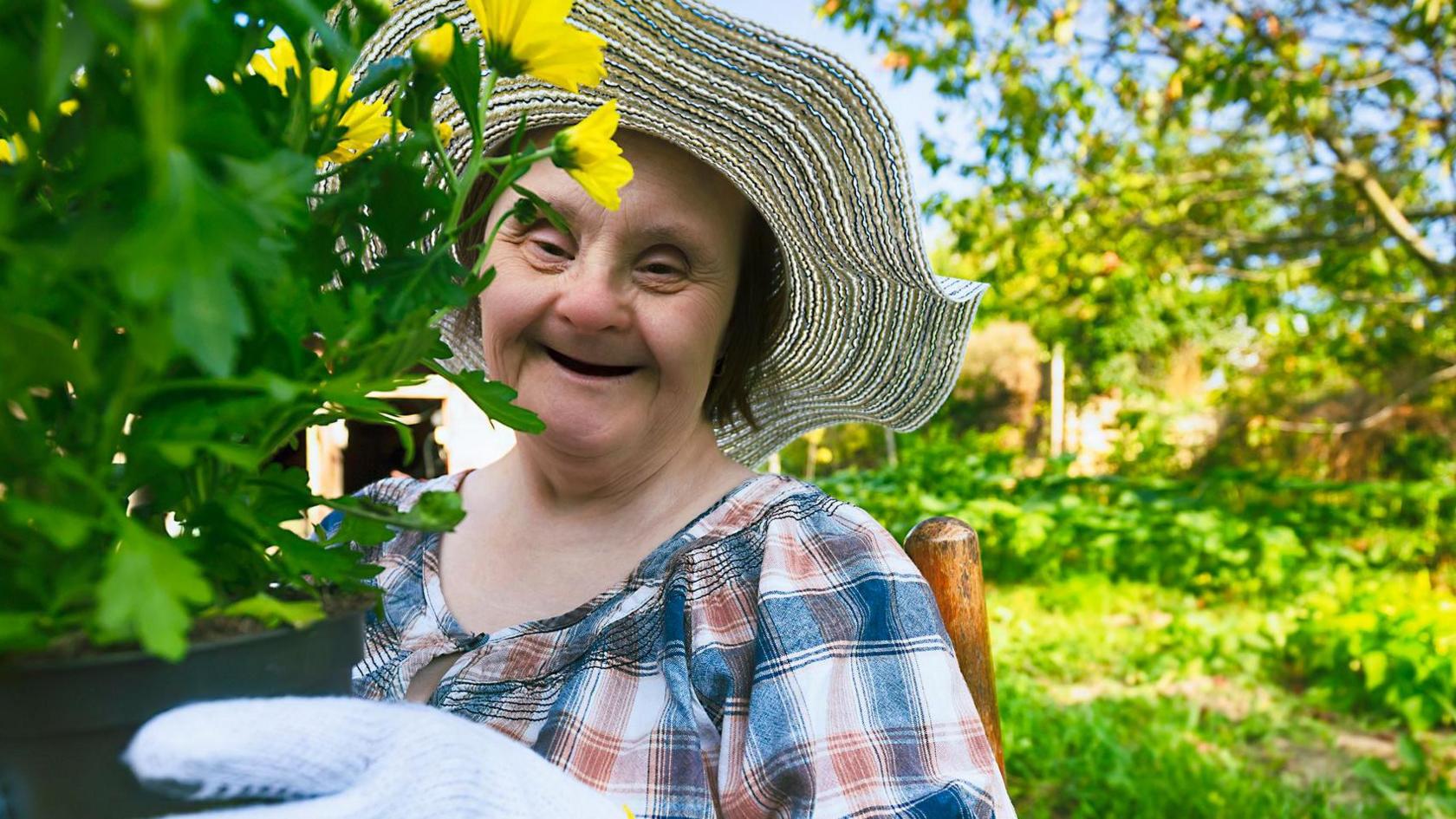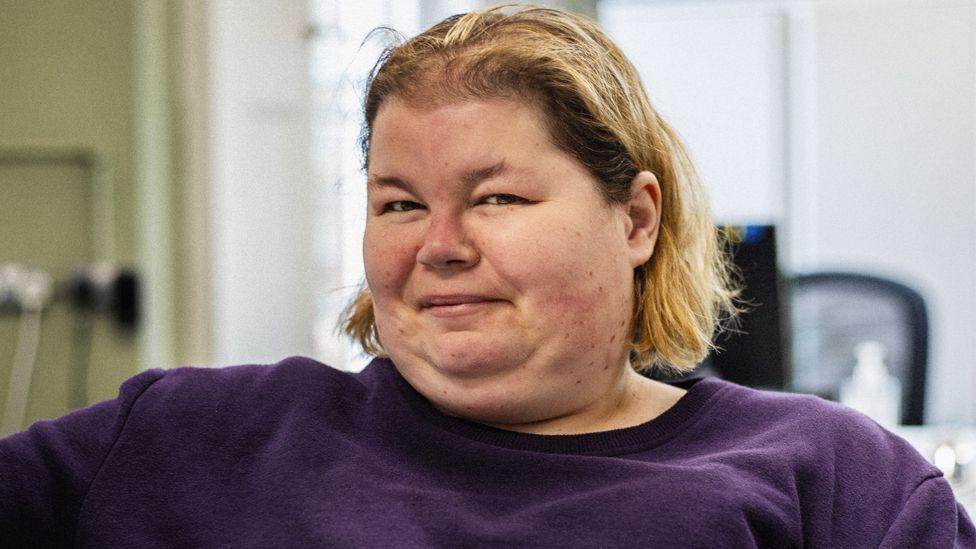More accessible menopause support needed, experts say

Women with learning difficulties can face a range of additional issues as they approach the menopause (stock image)
- Published
Women with learning disabilities and autism are struggling to access appropriate support during the menopause, experts have said.
While some experience earlier menopause with more pronounced symptoms, many are not routinely screened or asked about their experiences.
The health inequalities associated with the problem are the focus of a survey launched across the North East and Cumbria, asking healthcare workers for their views on the issue.
Professor Yitka Graham, head of Sunderland University's Helen McArdle Nursing and Care Research Institute, said findings will be used to "empower women with learning disabilities and reduce inequities in healthcare".
She said the majority of studies published on the issue focus on clinical aspects, "with little focus on how the menopause affects women with learning disabilities and their experiences of care".
The North East and Cumbria Learning Disability Network (NECLDN) is working with the university to conduct the survey, which represents an early stage of a wider project looking into how best to achieve "reasonably adjusted care" for women during the peri-menopause and menopause.
Prof Graham said awareness of menopause can be low for this group of women, with research showing there are few resources available for carers and health professionals.
Initial findings revealed issues including a lack of support for women who have nobody to take them to healthcare appointments following the deaths of their mothers, who would have accompanied them in earlier life.
'Symptoms dismissed'
Charity Dimensions UK said women with autism and learning disabilities experience barriers in accessing healthcare support including a lack of understanding from professionals, who "cannot understand how some women communicate and might struggle to diagnose their symptoms".
Dr Megan Bowes, the charity's health and wellbeing lead, said symptoms were too often "dismissed as behaviours of distress rather than linked to changes in a person's health".
"It is really important that health professionals and support staff record any changes being noticed, so that people who are supported can get the healthcare and support they require," she added.
Dr Bowes said it was essential for individuals to understand their bodies and symptoms and highlighted steps taken at the charity to prepare women for the menopause.
They include:
Easy to read resources on the topic
Arranging appointments when support staff well known to the woman are available to attend
Discussing key points and concerns to raise prior to appointments
Requesting written notes and longer appointment times
Ensuring communication needs are met
Seeking support from community learning disability nurses
A woman with learning disabilities, who works with Dimensions, said using a traffic light system to reflect moods can let people know when she is struggling and to provide additional support, and she urged people to talk about their symptoms with their support network, GP or other health professional.
Follow BBC North East on X (formerly Twitter), external, Facebook, external and Instagram, external. Send your story ideas to northeastandcumbria@bbc.co.uk.
Related topics
More stories from BBC North East and Cumbria
- Published21 April 2024

- Published22 February 2024
